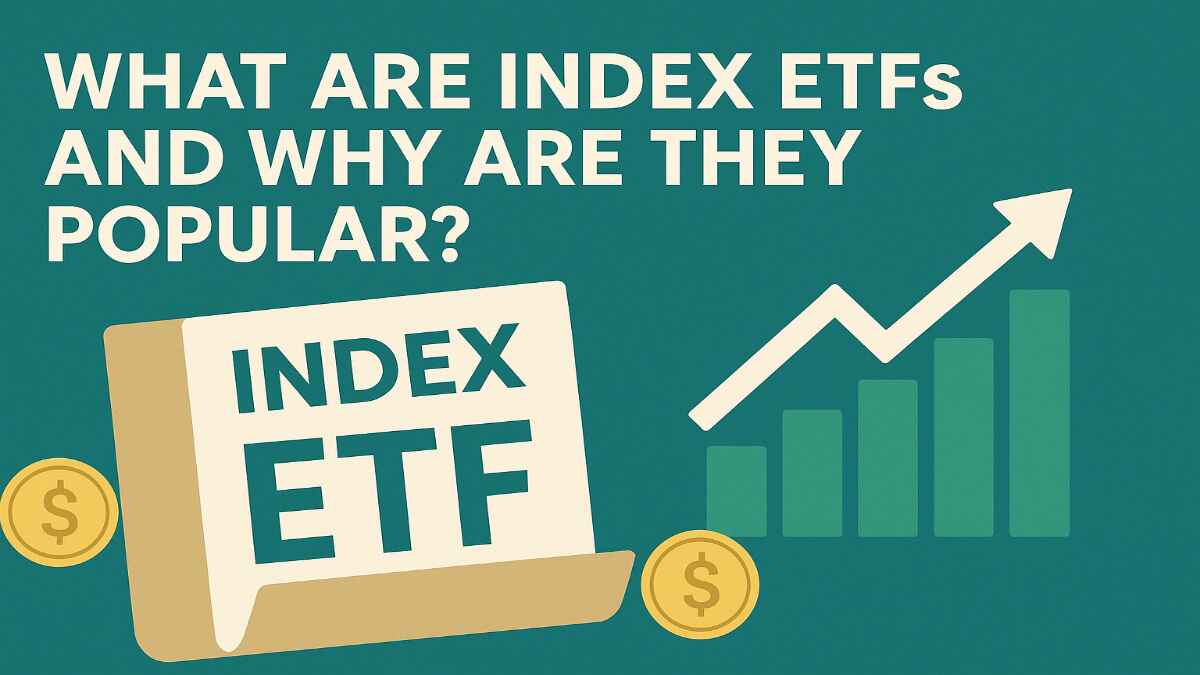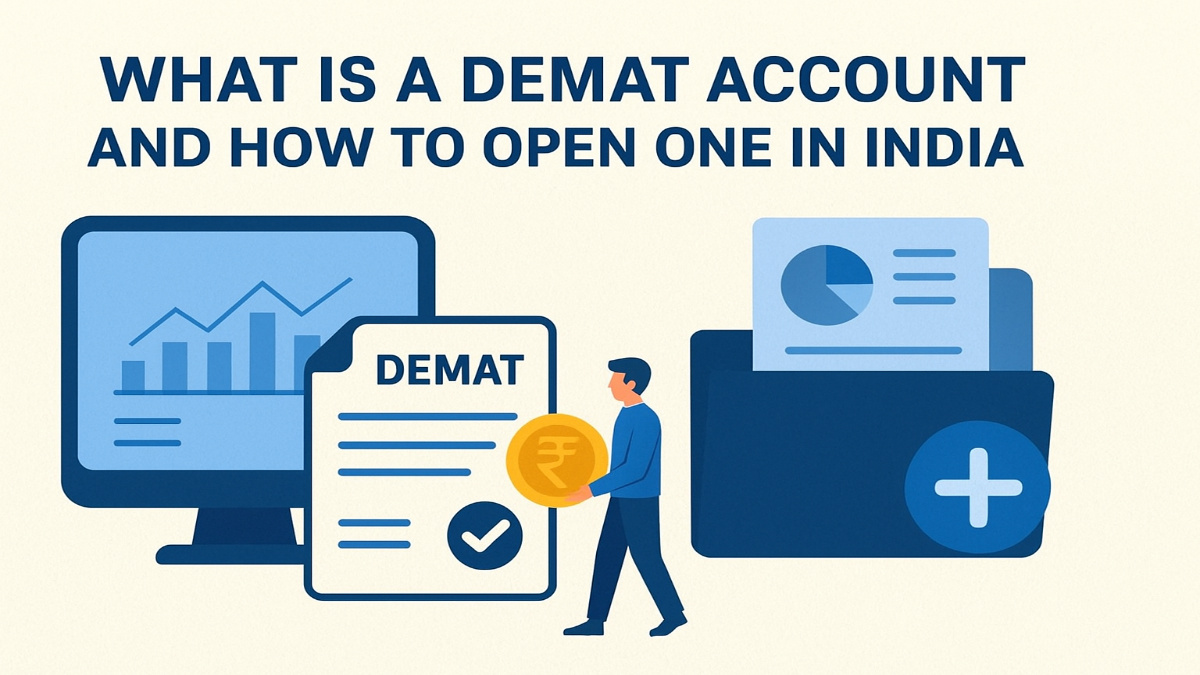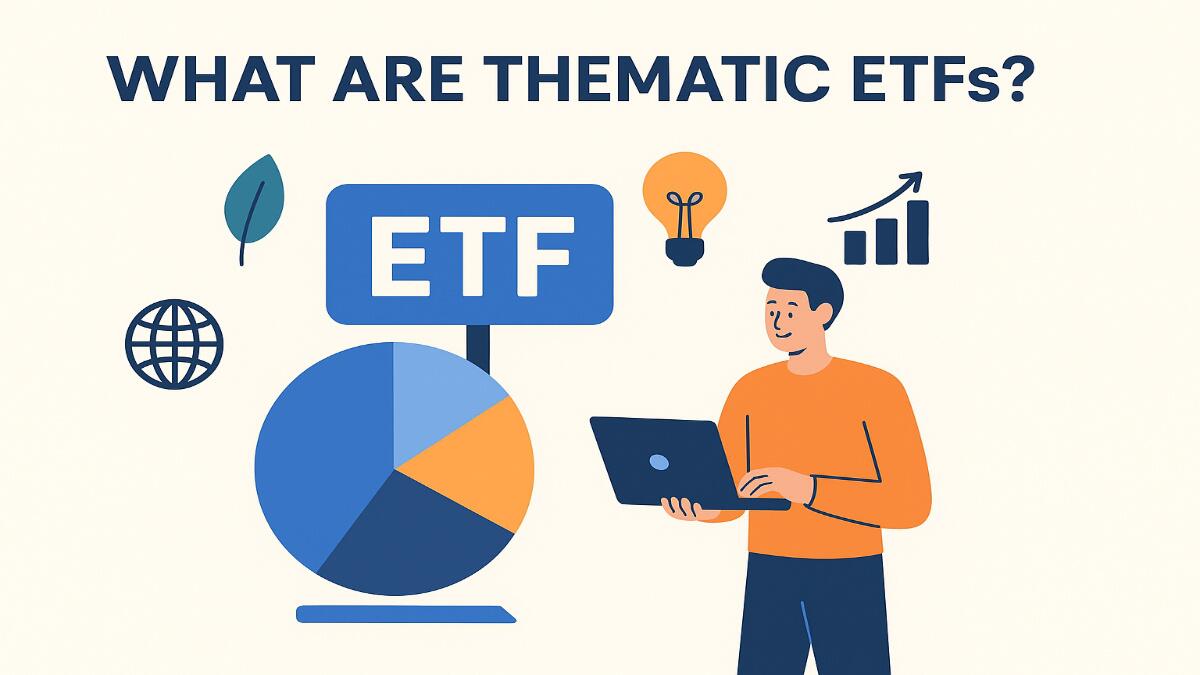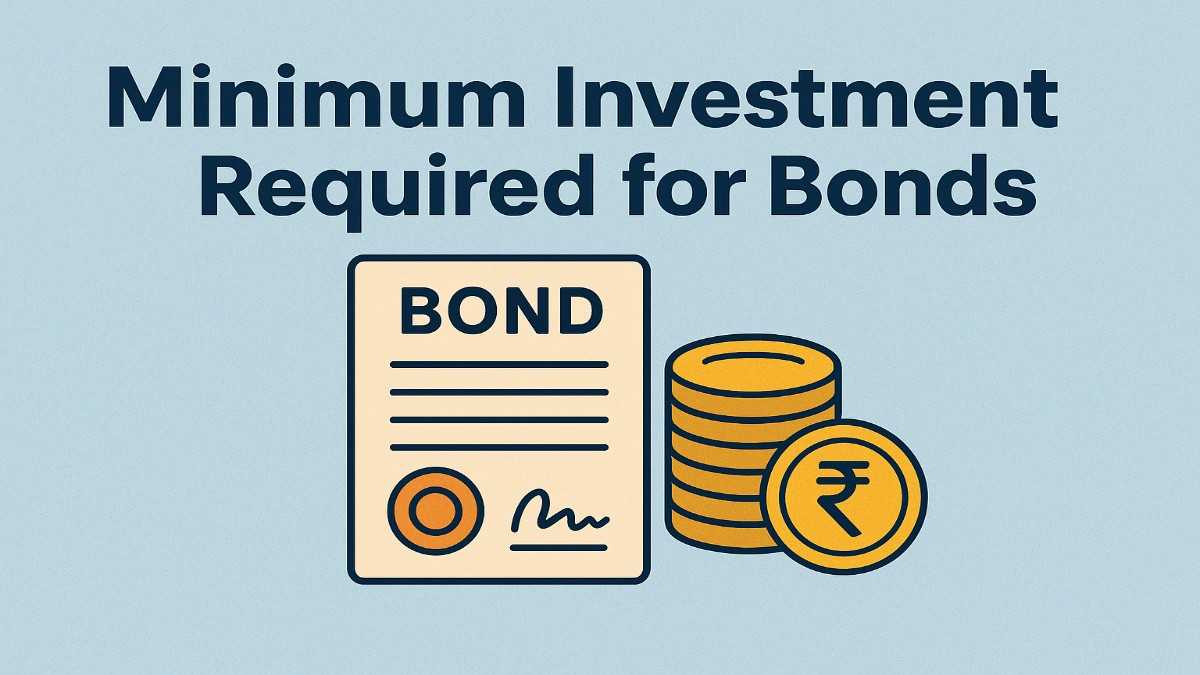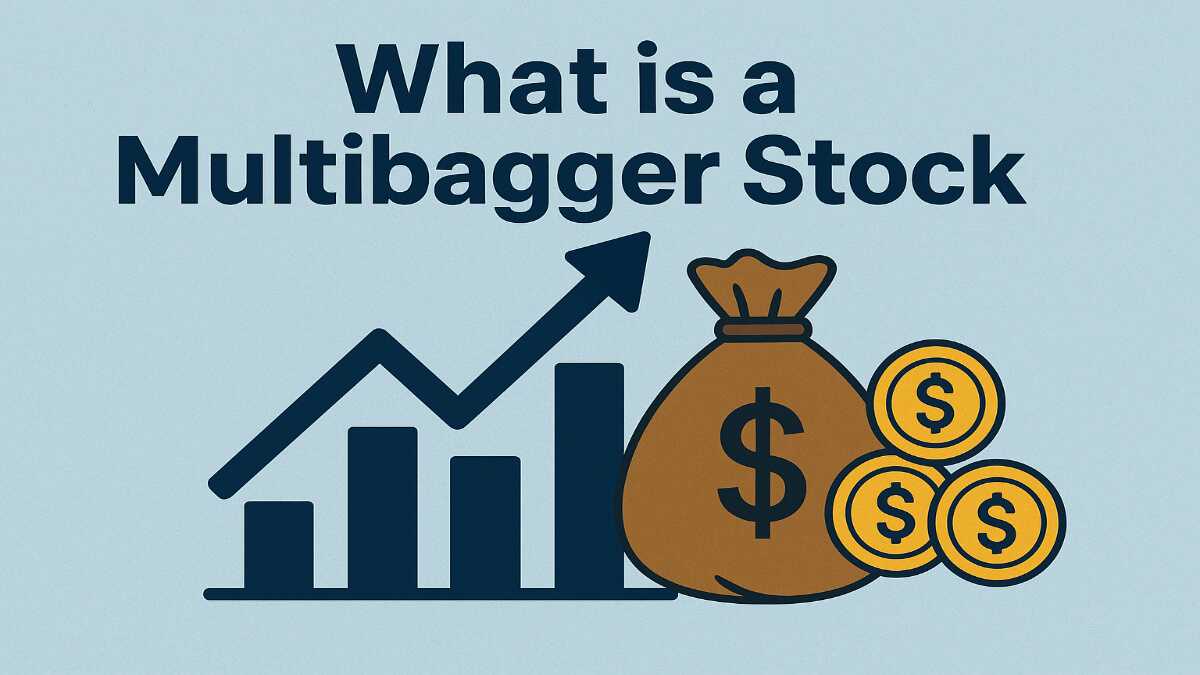Introduction to Index ETFs
In the fast-evolving world of investing, Exchange-Traded Funds (ETFs) have become a go-to option for many looking to grow their wealth with minimal hassle. Among these, Index ETFs have emerged as a favorite, especially in India, where the investment landscape is rapidly changing. But what are Index ETFs, and why are they so popular? Simply put, Index ETFs are funds that track a specific market index, like the Nifty 50 or BSE Sensex, and are traded on stock exchanges like stocks. They offer a simple, cost-effective way to invest in a diversified portfolio, making them appealing to both new and seasoned investors.
This article explores what Index ETFs are, how they work, their benefits, and why they are gaining popularity in India. We’ll also cover how to invest in them, the risks involved, and answer common questions to help you decide if Index ETFs are right for you. Whether you’re saving for a big goal or just starting your investment journey, understanding Index ETFs can open new doors to financial growth.”What Are Index ETFs and Why Are They Popular?”
Table of Contents
What Are Exchange-Traded Funds (ETFs)?
Before diving into Index ETFs, let’s first understand what ETFs are. An Exchange-Traded Fund (ETF) is an investment fund that holds a collection of assets, such as stocks, bonds, or commodities, and is traded on stock exchanges like the National Stock Exchange (NSE) or Bombay Stock Exchange (BSE). Unlike mutual funds, which are priced once a day at their net asset value (NAV), ETFs can be bought and sold throughout the trading day at market prices, offering greater flexibility.
ETFs pool money from multiple investors to buy a diversified portfolio of assets. They are known for their transparency, as their holdings are disclosed daily, so you always know what you’re investing in. They also tend to have lower fees than mutual funds and are tax-efficient due to lower portfolio turnover, which means fewer taxable events like capital gains distributions.
What Are Index ETFs?
Index ETFs are a specific type of ETF designed to replicate the performance of a market index. A market index is a collection of securities that represents a particular market or sector. For example, the Nifty 50 index includes the 50 largest companies listed on the NSE, such as Reliance Industries, TCS, and HDFC Bank. An Index ETF tracking the Nifty 50 would hold these same companies in the same proportions as the index.
Unlike actively managed funds, where a fund manager picks stocks to try to beat the market, Index ETFs follow a passive management strategy. They aim to match the index’s performance, not outperform it. This approach reduces management costs and the risk of underperformance due to poor stock selection. For instance, the SBI Nifty 50 ETF aims to deliver returns that closely mirror the Nifty 50 index.
How Index ETFs Work
Index ETFs are created by fund managers who select a specific index to track. They purchase the securities in the index in the same proportions. For example, if Infosys constitutes 10% of the Nifty 50, the ETF will allocate 10% of its portfolio to Infosys. The fund periodically rebalances to stay aligned with the index, which may change due to corporate actions like mergers or shifts in market capitalization.
A unique feature of ETFs is the creation and redemption process. Authorized participants (large financial institutions) can create new ETF shares by delivering the underlying securities to the fund manager or redeem shares for those securities. This keeps the ETF’s market price close to its NAV, ensuring fair trading prices.
Benefits of Investing in Index ETFs
Index ETFs offer several advantages that make them a popular choice for investors, especially in India. Here are the key benefits:
Low Costs
Index ETFs are passively managed, meaning they don’t require active stock picking, which reduces management fees. In India, expense ratios for Index ETFs like the ICICI Prudential Nifty 50 ETF are often between 0.10% and 0.30%, compared to 1% or more for actively managed mutual funds. This cost efficiency can significantly boost long-term returns.
Diversification
By investing in an Index ETF, you gain exposure to a broad range of companies or assets. For example, a Nifty 50 ETF provides instant diversification across 50 large-cap companies in sectors like banking, IT, and consumer goods, reducing the risk of investing in a single stock.
Liquidity
Since Index ETFs trade on stock exchanges, you can buy or sell them anytime during market hours. This liquidity is a big advantage over mutual funds, which are only traded at the end of the day. Many Indian brokers, like Zerodha, offer zero-brokerage trading for ETFs, further enhancing their appeal.
Tax Efficiency
Index ETFs typically have lower portfolio turnover, as they only adjust holdings when the index changes. This results in fewer capital gains distributions, making them more tax-efficient than actively managed funds. In India, long-term capital gains (LTCG) on ETFs held for over a year are taxed at 10% above a Rs. 1 lakh exemption, which is favorable for long-term investors.
Transparency
The holdings of Index ETFs are disclosed daily, so you know exactly what you’re investing in. This transparency builds trust, especially for new investors who want clarity about their investments.
Passive Management
By tracking an index, Index ETFs eliminate the risk of underperformance due to poor stock selection. Research, such as the S&P Indices Versus Active (SPIVA) scorecard, shows that about 90% of actively managed funds fail to beat the S&P 500 over 15 years, making Index ETFs a reliable choice for consistent returns.
Accessibility
Index ETFs have low investment minimums, often just the cost of one share. This makes them accessible to retail investors in India, where platforms like Groww and Upstox allow easy trading through demat accounts.
Index ETFs in India
The ETF market in India has grown significantly, with assets under management (AUM) exceeding Rs. 5 trillion as of 2025. Index ETFs are a major part of this growth, driven by increasing investor interest and regulatory support. Here are some popular Index ETFs in India:
| ETF Name | Index Tracked | Fund House | AUM (Rs. Crore) | 1-Year Return (2024) |
|---|---|---|---|---|
| SBI Nifty 50 ETF | Nifty 50 | SBI Mutual Fund | 11,118 | 28.52% |
| ICICI Prudential Sensex ETF | BSE Sensex | ICICI Prudential | 110,153 | 25.21% |
| Nippon India Nifty Next 50 ETF | Nifty Next 50 | Nippon India | 2,500 | 30.15% |
| Motilal Oswal Nifty Bank ETF | Nifty Bank | Motilal Oswal | 1,800 | 22.40% |
| Aditya Birla Sun Life Gold ETF | Gold Prices | Aditya Birla Sun Life | 3,200 | 18.75% |
Note: AUM and returns are approximate and based on 2024 data from sources like Moneycontrol and Dhan.
The growth of Index ETFs in India began in the early 2000s, with the launch of the first ETF, the Nifty BeES, in 2001. Since then, the market has expanded, with over 100 ETFs listed on Indian exchanges by 2025. SEBI’s regulations, such as mandatory daily disclosure of holdings and streamlined ETF launches, have boosted investor confidence.
Why Are Index ETFs Popular in India?
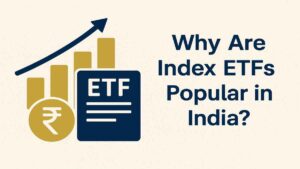
Index ETFs are gaining popularity in India for several reasons:
Increasing Financial Literacy
More Indians are learning about investing, thanks to digital platforms like Zerodha, Groww, and ET Money. These platforms educate investors about the benefits of passive investing, where Index ETFs shine due to their simplicity and low costs.
Shift to Passive Investing
Globally and in India, there’s a shift towards passive investing. The SPIVA India Scorecard (2023) shows that only 25% of large-cap actively managed funds outperformed the Nifty 500 over a decade. This has driven investors towards Index ETFs, which aim to match market performance.
Low Costs
With expense ratios as low as 0.10%, Index ETFs are much cheaper than actively managed funds, making them attractive for cost-conscious investors in India, where every rupee saved counts towards long-term wealth.
Ease of Trading
Index ETFs can be traded like stocks through a demat account, which is widely available in India. The rise of zero-brokerage platforms has made trading even more affordable, encouraging retail participation.
Suitability for All Investors
Index ETFs cater to everyone, from beginners to high-net-worth individuals (HNIs). Retail investors like their low entry barriers, while HNIs use them for diversified portfolios. Institutional investors value their liquidity for large trades.
Regulatory Support
SEBI has supported the ETF market by ensuring transparency and investor protection. Rules like daily disclosure of holdings and simplified ETF launches have made Index ETFs more accessible and trustworthy.
Market Volatility
India’s stock market can be volatile, but Index ETFs reduce risk through diversification. For example, a Nifty 50 ETF spreads risk across 50 companies, cushioning the impact of a single stock’s decline.
How to Invest in Index ETFs in India
Investing in Index ETFs in India is straightforward. Here’s a step-by-step guide:
- Open a Demat Account: You need a demat account to hold ETF units. Platforms like Zerodha, Upstox, or ICICI Direct offer easy online account opening.
- Choose a Broker: Select a broker with low or zero brokerage fees for ETFs. Compare platforms for user experience and research tools.
- Research ETFs: Look at the expense ratio, tracking error, liquidity, and the index tracked. For example, choose a Nifty 50 ETF for broad market exposure or a Nifty Bank ETF for banking sector focus.
- Place an Order: Use your broker’s trading platform to buy ETF units. You can place market orders (buy at current price) or limit orders (buy at a specific price).
- Monitor Investments: While Index ETFs require less monitoring due to passive management, review your portfolio annually or when your financial goals change.
- Consider SIPs: Some platforms allow Systematic Investment Plans (SIPs) for ETFs, letting you invest a fixed amount regularly.
Risks and Considerations
While Index ETFs are attractive, they come with risks:
- Market Risk: If the index falls, so does the ETF. For example, during a market crash, a Nifty 50 ETF will decline in value.
- Tracking Error: Some ETFs may not perfectly match their index due to costs or sampling methods. A lower tracking error is better.
- Liquidity Risk: Less popular ETFs may have low trading volumes, making it harder to buy or sell without price impact.
- Index Composition: Understand the index. A small-cap index ETF may be more volatile than a large-cap one like the Sensex.
- Currency Risk: International ETFs (e.g., iShares MSCI USA ETF) expose you to currency fluctuations, which can affect returns.
- Regulatory Changes: Changes in SEBI rules or tax laws could impact ETF performance or taxation.
FAQs
What is the difference between an Index ETF and an actively managed ETF?
Index ETFs track a market index passively, while actively managed ETFs involve a fund manager selecting securities to outperform a benchmark.
Are Index ETFs suitable for short-term investments?
They are better suited for long-term investing due to their passive nature, though you can trade them intraday. Short-term trading may increase costs and taxes.
How do I choose the right Index ETF?
Look at the expense ratio, tracking error, liquidity, and the index’s alignment with your goals. Reputable fund houses like SBI or ICICI Prudential are good choices.
Can I invest in international Index ETFs from India?
Yes, but you’ll face currency risks and regulatory differences. Check with your broker for availability.
What is tracking error, and why does it matter?
Tracking error is the difference between an ETF’s performance and its index. A lower tracking error means better alignment with the index.
Are there tax advantages to Index ETFs?
They are tax-efficient due to low turnover, but consult a tax advisor for your specific situation.
Can I lose money in Index ETFs?
Yes, if the market declines, your ETF’s value will drop. Diversification helps reduce risk compared to single stocks.
How often should I review my Index ETF investments?
Review annually or when your financial goals change, as they require less frequent monitoring than active funds.
What happens if the index changes?
The ETF rebalances its portfolio to match the new index composition, ensuring it tracks accurately.
Can I use Index ETFs for retirement planning?
Yes, their low costs and diversification make them ideal for long-term wealth building.
Conclusion
Index ETFs offer a simple, cost-effective way to invest in India’s growing economy. With benefits like low costs, diversification, and liquidity, they are becoming a favorite among Indian investors. Whether you’re a beginner or a seasoned investor, Index ETFs can be a valuable addition to your portfolio. However, understanding the risks, such as market volatility and tracking errors, is crucial. By researching and choosing the right Index ETFs, you can take advantage of their potential to build wealth over time. Always consider consulting a financial advisor to align your investments with your goals.
Disclaimer: Moneyjack.in provides general financial information for educational purposes only. We are not financial advisors. Content is not personalized advice. Consult a qualified professional before making financial decisions. We are not liable for any losses or damages arising from the use of our content. Always conduct your own research.

